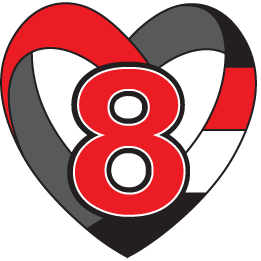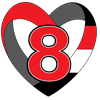
Tips & Tools
Managing your anxiety
Blood Sugar Regulation and Anxiety

October is 'spooky season,' which means; pumpkin-spiced lattes, treats, and cozy clothes are all the rage! For most of us, this season is spooky because of the monsters that come along with Halloween, but for nutritionists, the terrifying monster is the amount of sugar consumed. Sugar reaps havoc on our overall health, including mentally and physically! Cam's Kids Expert Panel, Holistic Nutritionist Barbara Bates, has stepped in to give us insightful answers on how we can best support our bodies while also enjoying this season and every season. Consumption of sugar leads to various health complications; most food marketing creates confusion around how much (or better yet, how little) our body can take before our mental health is affected. Let's learn the importance of blood sugar regulation and how this connects to our anxiety.
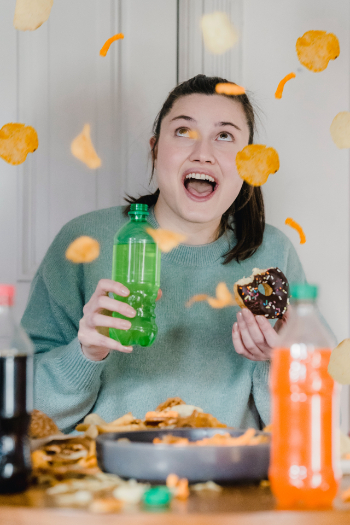 Does food play a role in my anxiety? What types of foods should I be eating if I have anxiety?
Does food play a role in my anxiety? What types of foods should I be eating if I have anxiety?
First, let’s discuss foods to avoid…Certain foods can contribute to feeling anxious by triggering blood sugar spikes and subsequent crashes. Avoiding foods high in obvious sugar or those foods that quickly turn into sugar in the body, will help balance the system. Those foods could included cookies, candy, sugary drinks (pop or sports drinks), processed foods like crackers and chips, alcohol, artificial sweeteners, etc. When considering which foods to consume and enjoy - try to remember the importance of the microbiome. Most of our neurotransmitters (feel good hormones/chemical messengers) are made by our healthy gut bacteria. Note: sugar invites the proliferation of the “bad gut bugs” whereas foods rich in fibre are helpful and encourage the good guys to grow and do their job. Prebiotics (feed the good guys) come from artichoke, garlic, onions and leeks, asparagus, bananas, apples with the skin (organic please), konjac root and jicama root, as well as ground flax seeds. Probiotics (are the good guys) include: unsweetened yogurt, kefir (if you can handle cow dairy), sauerkraut (cabbage) and other fermented vegetables, kimchi, miso, pickles, and kombucha - the latter must be fermented so long that the sugar gets eaten up by the bacteria - it will be sour to the taste.
Have a healthy breakfast each day that includes protein and fat (think eggs, yogurt and fresh fruit - especially berries, or leftovers from dinner - as long as dinner was healthy), along with complex carbohydrates such as oatmeal, quinoa, whole grain breads and whole grain cereals - the above carbs should have no added sugar in them. On a personal note, I suggest that most people lower their intake of wheat, if not eliminate it completely. Even 100% whole wheat. There are many reasons - too long to get into in this article. My suggestion is to consume alternatives to wheat grains. Other snacks and meals throughout the day should include, nuts and seeds, wild-caught fatty fish (salmon, mackerel, sardines, trout, herring - with its high Omega-3 and Vitamin D content). Any time you can eat a whole, fresh, piece of fruit or vegetable that would be wonderful. More vegetables than fruit though, please. Enjoy a spinach salad with some protein on it and olive oil as part of the dressing. Mainly, eat as many lightly steamed or raw vegetables as you can.
 What common signs/symptoms can I look for when it comes to blood sugar irregularities?
What common signs/symptoms can I look for when it comes to blood sugar irregularities?
Low blood sugar is called hypoglycemia - after you ingest something of a high sugar content the body can over-respond and drop the blood sugar level quickly and too far (spikes are like roller coasters causing stress to the body and giving a feeling of anxiety). Common symptoms include; fast heartbeat, shaking, sweating/clamminess, nervousness or anxiety, irritability or impatience, brain fog or headache, dizziness or lightheadedness, nausea, fatigue, and hunger. You may even feel HANGRY - hungry and angry mixed together = you have to eat something NOW. One should be able, occasionally, to be late for a meal and use stored body fat as a fuel source, without biting someone's head off.
When we eat too much sugar over an extended period of time, our insulin hormone molecule (required to take the blood sugar (glucose) out of the blood and carry it into the cell) may not be received very well = we become resistant to insulin. It can no longer do its job. That leaves high levels in glucose in the blood = very dangerous. Pre-diabetes and diabetes is that unregulated blood glucose level. In its advanced stage, one might have increased thirst (even with a dry mouth), urinate a lot - especially in the night, have a rapid heart rate, feel weak and tired, experience nausea, confusion, shortness of breath, advanced aging, or have blurred vision.
As a Registered Nutritional Consultant, what would you recommend if I want to enjoy sweet treats on holidays like this coming Halloween?
Chocolate - the darker the better - is actually a really healthy treat - in moderation. Look for clean ingredients that you recognize, no dairy products included (over 75% cocoa), and perhaps cane sugar instead of regular white processed sugar. If you can find an organic chocolate bar, fair trade, all the better. There is even a company that makes chocolate with stevia - stevia has no adverse affects on blood sugar :) (Lily’s is a good brand, and another one that uses stevia in their treats is called The No Sugar Company).
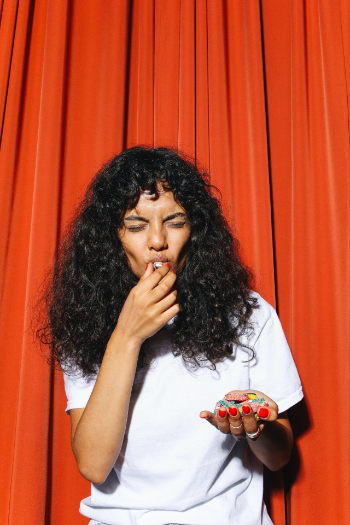 Is there a test I can do to see if I have work to do on regulating my blood sugar?
Is there a test I can do to see if I have work to do on regulating my blood sugar?
You can get your primary care doctor to run some labs - they are tests that require blood work - blood to be drawn and analyzed. Fasting glucose is one. Fasting insulin is another. And A1C - hemoglobin A 1 C - that is the average blood sugar over a 3-month period. There are some people nowadays that are wearing Continuous Glucose Monitors (CGM). That way they get a very personalized/individualized understanding of what activities, foods, stress, etc. can have on blood sugar. Some people have certain high blood sugar responses to otherwise considered healthy foods. We are all unique. A CGM will allow you to track the data and get a clear picture of what works well for your body and what foods/drinks need to be eliminated.
How much sugar is too much sugar, and are there common foods/drinks that sugar hides in?
In our blood, at any given healthy moment, we have 1 teaspoon of sugar - that is all. That is all we need. 1 teaspoon equals 4-5 grams (4.2 to be exact). If you read the nutritional facts panel on any product and find out how many grams of carbohydrates it contains, it might shock you. Try soda pop, sports drinks and other “middle isles of the grocery store” products including bread, cookies, cereal, pasta, condiments (hidden), sauces, and processed/box/packaged/prepared foods.
Stick to the outer perimeter of the grocery store, the farmers market, your backyard garden and foods that you recognize their origin of source. If nature made it, eat it. If man made it - think twice and then only in moderation ~!
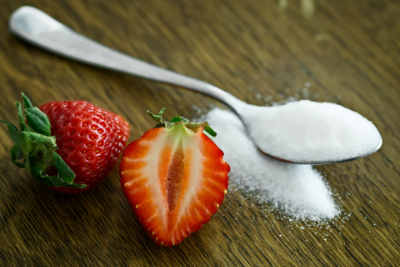 |
In conclusion, please do not let this information spook you but take it as a building tool to support yourself in better understanding your body and its mental state and how sugar can affect this. Enjoy treats mindfully :) Thank you so much to Barbara Bates for answering our pressing questions about blood sugar regulation and anxiety. If you want to dive further into understanding your anxiety and where it comes from to heal holistically (through diet, lifestyle, and mindset), please get in touch with Barbara via the information provided below. Happy Halloween, everyone - enjoy!

Barbara Bates, MASc, RNCP/ROHP
Holistic Nutrition, Root Cause Wellness, Functional Genomics
Website: innerbalancewellness.com
Email: [email protected]
Phone: 905-852-0797
- All
-
29 Nutrition
Nutrition
- 73 Mindfulness and Relaxation
- 27 Student Life
- 8 Exercise
- 51 Treatments & Therapies
- Anxiety Resources

Don't see what you're looking for? Send us an email!
©Copyright 2024 Cam’s Kids powered by Kids Help Phone
Not-for-Profit Organization. B/N: 921508-5
Thanks for visiting Cam's Kids. Please remember...
Cam's Kids is not a service provider.
If you are in crisis, please call 911 or go to your nearest emergency department. For free, confidential counselling, contact Good2Talk or Kids Help Phone.
Post-secondary students: find your local crisis resource here.
